It is not necessary to have large fortunes to have the need to develop the family budget. Many families think that this budget is not necessary because they only have a modest source of income and their monthly expenses are typical of any average family, like paying rent, utility bills, some escapades to the movies, school for children, or vehicle expenses. Regardless of the economic slack your family may have, you need to prepare the family budget.
Just as it happens in a company, if you do not adequately handle the household economy, you’ll be committing serious mistakes with dire consequences for your pockets (and your health), and you’ll be repeating again and again the infamous phrase: “I can’t make ends meet“.
To avoid such awkward moments, you must bring order to your domestic economy and the first practical step to achieve this is to develop a simple family budget. The budget will bring the bills on time and help you avoid wasting money, allows monitoring of costs to reduce them, prioritize or delete them as far as possible; In addition, if you meet the budget by knowing the economic situation of your family to date, you will be able to make better forecasts, inviting the savings and to protect yourself against unforeseen events such as illness, damage to housing, vehicle breakdowns, etc.
A basic budget has two columns: the INCOME column and the EXPENSES column. In the income column you’ll write any money entries that sustain your family: wages, overtime, financial aid and generally any other source of income your family has during the month.
In the expenses column, you will record all monthly expenses classifying them into three categories:
- Compulsory expenditure (which you can not stop paying and they are constant); for example, rent or home mortgage, a bank loan that you have requested, quotas for Social Security, or payment of your community.
- Necessary expenses (you can not stop paying them, but you can reduce the amount of what you pay); Typical examples of this category correspond to electricity bills, water, telephone, expenses for food, clothing, transportation, etc. You see, you can not help incurring such expenses, but you can take steps to reduce the amount you pay.
- Occasional expenses that can be totally eliminated if necessary, for example leisure and recreation expenses (food and beverages away from home, horseback weekend), non essential consumer goods, electronic equipment, etc.
Once you have registered with honesty all income and all expenses, summarize both columns and get the difference between the two. If the column total expenditure is greater than total income, then I don’t need to tell you (because you’ll already have noticed) that you are in serious economic problems and should start as soon as possible to eliminate incidental expenses and reduce the amount of necessary expenses (unless you’re able to earn more income). If, however, the income column is greater than expenses, you must interpret this difference as your ability to save; if so, mark the aim of saving at least 10% of your monthly income and commit to it.
Remember that the goal is to make the family budget income to cover your family living costs; so when you establish the budget, involve the family for a global commitment to savings and avoiding wastage. The budget will help you identify and eliminate unnecessary costs, reduce unnecessary expenses and reduce bills for necessary expenses.
To have more slack and for your budget to be your best financial partner, avoid as far as possible the use of credit cards, and beware of getting into long-term debt or high interest rates credits as possible (especially consumer credits or loans) and most importantly, never ever forget the golden rule: do not spend beyond your means.
He who has never been afraid of losing money can cast the first stone?. It’s obvious that nobody likes losing money; we care for it as if it were our most precious asset, but we should understand on how that fear can affect our attitude.
The fear of losing money is inevitable (for both poor and rich folks); It is not a fear of cowards, but a necessary fear. The bottom line is not about fear itself, what’s really interesting is how that fear affects us emotionally; in other words, how we manage our money in spite of that fear. On occasions, people fear so much the possibility of losing money, they won’t take any kind of risks, instead they will play it safe and end up losing.
How to manage the perception of fear, the sensation of lost and the experience of failure?
One of the best tricks to overcome your fear of losing, is redefining the concept of failure. What is the meaning of failure for you? You can see it as a tragedy or as a learning experience; You can understand it as a sign to let your plans succeed, or you can view it as an inspiration to go even beyond your desires. Possibly you see failure as a punishment for your ambition, or perhaps you prefer to understand it as a new opportunity; You can also see it as a defeat, while others see it as a sign to start over but more experienced.
Some people get weakened in face of failure, while others grow stronger. How and why does this happen? Basically, the difference won’t be found on objective matters, such as academic degrees, where they live, their age, or their wealth. The difference between one way of seeing the consequences of failure and the other lays on the attitude, and your attitude depends on what you believe in.
Concretely speaking, the fear of losing money is rooted in the fear of failure, and one of the practical ways recommended to overcome the fear of losing money is to assume that no one will take it out of your hands (unless you let them); money also won’t disappear by itself (unless you throw it out the window and the wind carries it away). In any case, you are the great money manager and you know there is no success without taking risks and learning. The more you acquire skills to manage your money, the less aversion to failure you’ll have, and therefore you’ll have less concerns at the possibility of losing money. Remember that no one has become rich without losing some money.
At this point it is well worth extracting a powerful phrase from the book “Rich Dad Poor Dad” whose author, Robert Kiyosaki, says bluntly that the losers avoid failure, while failure turns losers into winners. So you shouldn’t panic in the face of failure because your natural response to that fear will be to do nothing, and you shouldn’t stop playing in fear of losing. Also don’t get compliant for playing it safe because, even when winning, you would not have learned much. Do not forget that you have the sufficient capacity to win, and if you end up losing money, do not worry because you will always have the tools and skills to find new opportunities to recover and recapitalize.
Our final recommendation: don’t be afraid of losing money and never think in terms of poverty, because that is always followed by a large army of burdens, fears and apprehensions.
Even though it seems strange, a good salary doesn’t guarantee financial success; also having a low salary does not mean failure. Financial success depends on how you manage your personal finances to improve your quality of life and achieve your goals, regardless of how much money you earn or how big is your spending budget.
Managing your personal finances is a process that begins with knowing your current financial situation; the process continues with the establishment and prioritizing of your goals, so that you can then develop certain strategies that will allow you to get going from your current situation to achieving your goals.
As you see, this is a comprehensive planning process. It is your quality of life that you’ll get to improve and for that you can’t just be focused on a particular interest, neglecting or leaving aside others. Proper personal financial planning will allow you to make smart decisions, including the purchase of your first home, emergency fund management, education for your children, or even how to secure your quality of life after retirement.
It’s not the one who earns the most money that lives better. The one who lives better is the one who is able to get the best possible quality of life, and personal financial planning acts like the map that marks the path to achieve your dreams, realise your ideals and reach your goals. Personal financial planning thus becomes an essential piece of your route; it helps you to achieve your dreams, prioritizes your goals, alerts you about the obstacles which you may find along the way, prevents you from making terrible mistakes, prepares you to face contingencies and unforeseen events and, last but not least, offers first class information so you can make the best decisions.
As you may have noticed, your financial success depends less on your income, but rather on the clarity of your goals and the route you have designed to manage your personal finances.
It is very likely that the biggest and most important purchase we make in life is that of our first home. Upon signing our first mortgage we get excited and celebrate such an event without really considering the financial obligation we are contracting that we must honor for many years.
At first, there is no better feeling than having the keys to our own home; with the passage of time, that feeling fades and is replaced by the desire to get rid of debts; which is not unreasonable, because the simple fact of reducing expenses due to interest is already a way of saving; plus you will feel emotionally safe, you won’t owe anything to the bank and you’ll be able to say that the house is completely yours. That security is one of the biggest advantages of paying the mortgage early, even though you may have to assume certain expenses for anticipated pay off.
Perhaps you feel a wild urge to free yourself of your mortgage as soon as possible, but before doing so it is appropriate that before you try to pay off the debts with highest interest rates (eg credit cards or consumer loans), you build an emergency fund (at least it should meet expenses for 3 months of your lifestyle), and review your retirement plan.
If you decide to pay off your mortgage early, there are some recommendations:
- Make payments every two weeks. This may be the easiest way to shorten the lifespan of your mortgage. If you pay the minimal monthly quota every two weeks, you can reduce your mortgage commitment for approximately four years. It’s important to note that the payment is every two weeks, so if a year has 52 weeks, you will make 26 payments (equivalent to 13 monthly installments). This system allows you to bring forward the payment schedule and further reduce interest expenses, as the last two payments (25 and 26) will be applied to reduce the loan’s principal.
- Increase the monthly payments. Perhaps it is the most attractive method for users who have some capacity for saving. If you have a financial slack that allows you to pay an extra above the contractual obligation you got when you purchased your home, you will not only pay less interest, but also reduce the lifetime of the mortgage. It’s all about getting a pencil and doing the math.
- Making annual payments. Quite possibly, at the end of each year you enjoy a good economic situation because you receive bonuses, payments for utilities, compensation, additional wages or other extraordinary income; well, with some financial discipline you can use some of that surplus to repay the mortgage loan. As in the above cases not only you will pay off the mortgage early and get rid of that financial burden, but it also will reduce the interest expenses, which in a nutshell is a saving. Other people prefer to set aside a portion of the monthly surplus to later destine it to repay the loan through an annual payment; thus they ensure flexibility amid the financial discipline and maintain a fund to cover unforeseen situations or any contingency that may arise along that
- Refinancing the mortgage debt and reinvesting. If you don’t feel attracted to any of the above methods, you still have this option to reduce the lifetime of your mortgage. Current interest rates (rather low) are an incentive to refinance debt, and if you’re smart about it, it can also allow yourself to cancel your mortgage early. Obviously, you have to assess the cost of refinancing with your creditor Bank (because refinancing costs money) but if the new loan has favorable terms for you, you will probably have a greater saving capacity, which in turn you can reinvest and make advance payments applied to the loan’s principal.
In any case, the method you choose to free yourself from your mortgage early will depend on what makes sense to you. You must choose the option that you feel more comfortable according to your financial situation and your personal and family preferences.
Most people manage their budget using mental accounting. It is easy to imagine the fate of our salary or what we will do with that money, even before we receive it. But on payday we come back to realize (again and again) that every penny counts and that we have very little money left over to add any additional expenses.
Maybe you’re thinking that you need to increase your monthly income, getting an additional second salary or working more overtime, but it often goes unnoticed that the way you maximize the usage of your income is as important as the amount of money you receive.
Three smart ways to maximize the performance of your salary are:
- Benefit from tax incentives that you could take advantage from.
- Ensure good protection for you and your family to avoid costly bills in cases not covered by public health care.
- Preserve your money by reducing unnecessary expenses. Try reducing your grocery bill and spend less on fuel; reduce your wasteful spending, discard habits of onerous consumption and rethink your social preferences.
In many cases, we prefer to use money for leisure and recreation rather than be earmarked for basic payments, acquiring a good health insurance or reducing mortgage debt. In other cases we acquire a new car or a house in the beachfront, just for the desire to look wealthier and not by necessity. This seems to be the reason why in some societies, credit growth for the purchase of consumer goods has accelerated in recent years, and it is also starting a boost on mortgage lending.
We live in an atmosphere of constant anxiety about money, and that anxiety can affect our personal and family life. We always want to win more to buy more, and as you may have noticed, in many cases the solution to our lack of freedom in the family budget can’t be found by working extra hours or finding a second job. In most cases, it all works out with a little more financial discipline to help you maximize the usefulness and enjoyment of the money you earn.
Try to achieve an adequate financial balance; When you succeed, you’ll notice that money has ceased to overpower you.
It is no secret that compulsive shopping and the obsession for purchasing the latest models of technological fads are fast tracks to the financial collapse, but there are certain habits that appear to be harmless and can also cause great damage to our personal economy, and even some financial havoc with the passage of time. Three apparently innocent but potentially harmful habits are:
1 – Making many small purchases: Common sense tells us that no one will stop buying coffee or a small sweet candy at mid-afternoon, thinking that that decision could be driving him into bankruptcy; but we probably have not realized the tremendous economic impact of these innocent whims when they are recurrent and become an habit. If you’re not convinced, simply add up all the “little” expenses you did for one month, and you’ll see it. The morning coffee, dessert in the afternoon, the small water bottle, the daily newspaper with sports news, the package of candy, the weekly magazine to find out the love life of celebrities, goodies that you take your home and many other examples like that. The expenses on all these consumptions should invite you to prevent these recurring consumption habits.
2 – Being overly generous: Generosity is a personality trait that moves you to offer and share your wealth with others. It’s okay to be generous, even more with those who really need your understanding and help, but you must be careful because your generosity may be affecting your pocket amazingly. Calculate the total amount of tips you leave in the barber shop, in restaurants, in taxis; sum the donations you regularly give to your church, or the times you’re asked for a contribution for certain charities. Complete calculation with coins you offer to street musicians, or to people who ask for alms. You can continue adding what you spend in sponsoring social projects or protecting certain endangered animal species; include also the money you gave “borrowed” to acquaintances and co-workers when they asked for help to solve a need. All those little expenses (and many others) affect your economy. We do not ask you to stop being generous; we just warn you and invite you to calculate the economic impact of your generosity and benevolence.
3 – Using your credit card for everything: It is true that a credit card avoids the need to go out with a lot of cash (with the benefits that entails), not to mention many other benefits associated with its use; but it is very dangerous to get into the habit of paying all your purchases by credit card, because by doing so you can lose sight of the economic and emotional impact associated with spending, and this will lead you to spending more than you need or buying more than what you should. Keep in mind that many establishments conditions for accepting credit cards is that you have to make purchases for a minimum amount, so you may feel the need to buy even beyond your means. Do not forget that every time you use your credit card, you are acquiring a debt.
If you really want to start making good financial decisions, take care of these three habits and avoid making excuses that could tie you to them; that way you’d be fooling yourself and you would not be acting wisely to protect your net worth nor your family’s.
On many occasions we have heard very encouraging expressions such as:
- Starting tomorrow I will begin to save more.
- I am convinced that I should not spend so much.
- I’ll start saving for retirement.
- I will pay all credit cards debts.
And so many others like them, which represent a good start to bring order to financial matters. People tend to promise things for themselves, but sometimes something comes up that requires that financial goals to be relegated to the background.
Just like there is a large group of people who have good intentions to straighten their economy and set their financial goals, there are others who do not even speak about these issues, much less take the minimum actions to enjoy a better financial situation . These people are not aware of the need to set goals, they believe that the world of finance is not for them or, worse, have mental laziness to think about such issues even if their financial health is critical. These people are genuinely “financially lazy”.
By their way of thinking and their attitude towards money and finance, financially lazy people own certain qualities that prevents them from achieving higher levels of welfare and economic conditions. I invite you to review your financial attitude in search of some of these signs:
- You do not have sense of urgency. If you feel that there is no reason to worry now by financial issues, or your favorite phrase is “someday” (someday we will think of retirement, someday I’ll have more money, someday I’ll be able to start saving, someday I’ll have my own house, someday we will live without debts), perhaps you are financially lazy. Never think that this is not the right time to think about money savings, loans, retirement and investments. Every day you must think in financial terms, because if you do not, your life and your family will be increasingly exposed.
- You think things are fine just as they are now and so they should stay that way. Some financially lazy people do not have a strong desire to improve their financial situation, which makes them to remain happy and static in their comfort zone. Remember that there are always opportunities for improvement; there is always space to enjoy greater welfare, but financially lazy people do not find the incentive to take the first step; They think that what they have is good enough for them and prefer to keep things as they are.
- You feel you do not progress because you are looking for perfection. Many people who want to approach perfection end up paralyzed and being financially lazy. Those people, very demanding and too harsh with themselves, are devoted to go through the same ideas over and over again; they are happy thinking and analyzing, but they fail to act, and when they finally manage to complete a mental puzzle on their financial goals, they may not know how to prioritize, they are out of ideas to take the first step, or are unable to accept mistakes and tolerate failures. Remember that fear paralyzes and the end result of thinking too much is inaction.
A minimal financial education, self-esteem and good attitude in front of uncertainties may prevent you from being financially lazy. Always act with a sense of urgency (starting today); enhance everything you can improve (never get complacent) and do not devote much time seeking perfection, because in the end who is perfect in this world?
One of the big differences between saving and investing is that by investing you are engaging part of your savings in hopes (which is not certainty) of earning some more money, which is fine, but every time you invest you will be accepting a risk , which does not happen with saving.
By investing you risk some of your money to get more money. This is one of the ways you have to make money work for you, even while you sleep, you’re on vacation or having dinner with friends; but investing is very different than playing roulette or any other casino game (where chance intervenes), so you have to do it with intelligence. To invest wisely it is not enough to have luck or intuition; you must also have a reasonable expectation of profitability, which depend on the quantity and quality of the information you have about the investment and the judgment with which you draw conclusions from it, besides the risk you are willing to take.
Even with the uncertainty and the risk involved, smart investments will grant you more control of your money and the financial independence you’ve always wanted, but never forget that by investing you will be using some of your savings and therefore, you are compromising your financial capacity.
Always invest wisely, and never risk money you need to pay immediate or short-term obligations.
Many times we complain about not having enough money to cover our monthly expenses; it seems that we never have enough money, because the greater the amount entered in our bank account, the faster we spend it.
Although the issue of money is a sensitive subject for most of us, it is very likely that we are unaware of what we spend, or do not know for sure what we do with our money (we just realized that we no longer have it ), and those little recurring and regular expenses are the main routes where it escapes from us. Unnecessary purchases, unnecessary expenses, certain habits and certain social compromises, undo our pockets allowing our money to “Drain”, significantly reducing our ability for saving and investing.
If you take out your pen and play around with the numbers, try to calculate what you spend on coffee, bottled water and cigarettes; sum the monthly payments you make when you invite your classmates or workmates; try to calculate all the money you spend making small purchases of what you like or what attracts you, even when you don’t really need them.
It is not about depriving yourself of the things that please you, but to become aware of what you do with your money and the need to preserve some leeway that allows you to handle unforeseen situations.
If you want to prevent your money from leaking, try to get enough discipline to stop eating at fast food restaurants, reduce your consumption of coffee and cigarettes; have fun with outdoor recreational activities such as parks and rides that do not require large outlays of money activities. If you go to the movies, think about what you spend on popcorn and soda (these costs are quite significant). Try to go to work on foot or by public transport, and attempt to reduce the use of your own vehicle to avoid payments for fuel, parking and even an occasional fine which you would be exposed to.
And if you go to groceries stores, do it after eating; that way you can resist the lure of buying what you do not need, or purchasing too much (remember that the more you earn, the more you consume). Of course, avoid buying items for their beautiful packaging, as well as articles and magazines that are on the waiting lines of the cashiers (if they are there, it’s because they are not really needed).
In short, start identifying the small holes from where your money is escaping. You may be surprised when you see that without realizing it you’re losing up to 30% of your salary, and that that amount can be used far more intelligently to reduce some of your debts at your own pace, and make investments that increase the value of your money.
If you are one of those who wait until they have some leftover money to start saving, you are missing a golden opportunity to achieve financial freedom.
Do not be of those people who still think that savings don’t get along with the debts. It is true that most people believe that what we call “saving” is the money that is “left over”; and it is a mistake to think that way because money is never left over. Consider that saving is simply the part of your income that is not destined for consumption; if you see it this way you will understand that Mr. Savings and Ms. Debt can live together happily ever after; you just need to be aware of what is truly important to you, to have ideals, will, and a certain discipline in terms of how you manage your money.
If you still haven’t started saving, this is the time to do it. There are many reasons, but here are some:
Saving makes it easy to plan your future and achieve goals in life; you will reduce economic dependence on family and friends; you will have greater capacity to respond to emergencies or other unforeseen contingencies; You will not need to contract certain debts that may be difficult to pay; you will be able to plan your trips, holidays or any other recreational activity that you like; you will have some economic slack to help improve the quality of life of your family; you will feel less stressed or overwhelmed against the economic problems of everyday life; You’ll make better decisions regarding your future, your studies or work; you will go building a financial profile that will be helpful when you want to borrow money to purchase your home or buy a vehicle; you also will go consolidating a way of thinking that will allow you organize your income, prioritize your expenses and live without major upheavals after retirement.
You see, saving has advantages that although almost everyone recognizes, many decide not to use. If you are one of those people who find it difficult to start saving, I recommend that at the very moment in which you receive your monthly or biweekly income, set aside a small portion for savings and power it up by trying to spend less on candy, soda, coffee, outings with friends or eating outside the home. Believe me, it is not difficult; you should just keep your commitment to grow the amount of money saved and in the end you will see that it becomes a healthy lifestyle.
REMEMBER: never think you’ll save the money left over and do not expect to have a better chance to start saving. Saving is one of the great tools we have at hand to build the future we want.


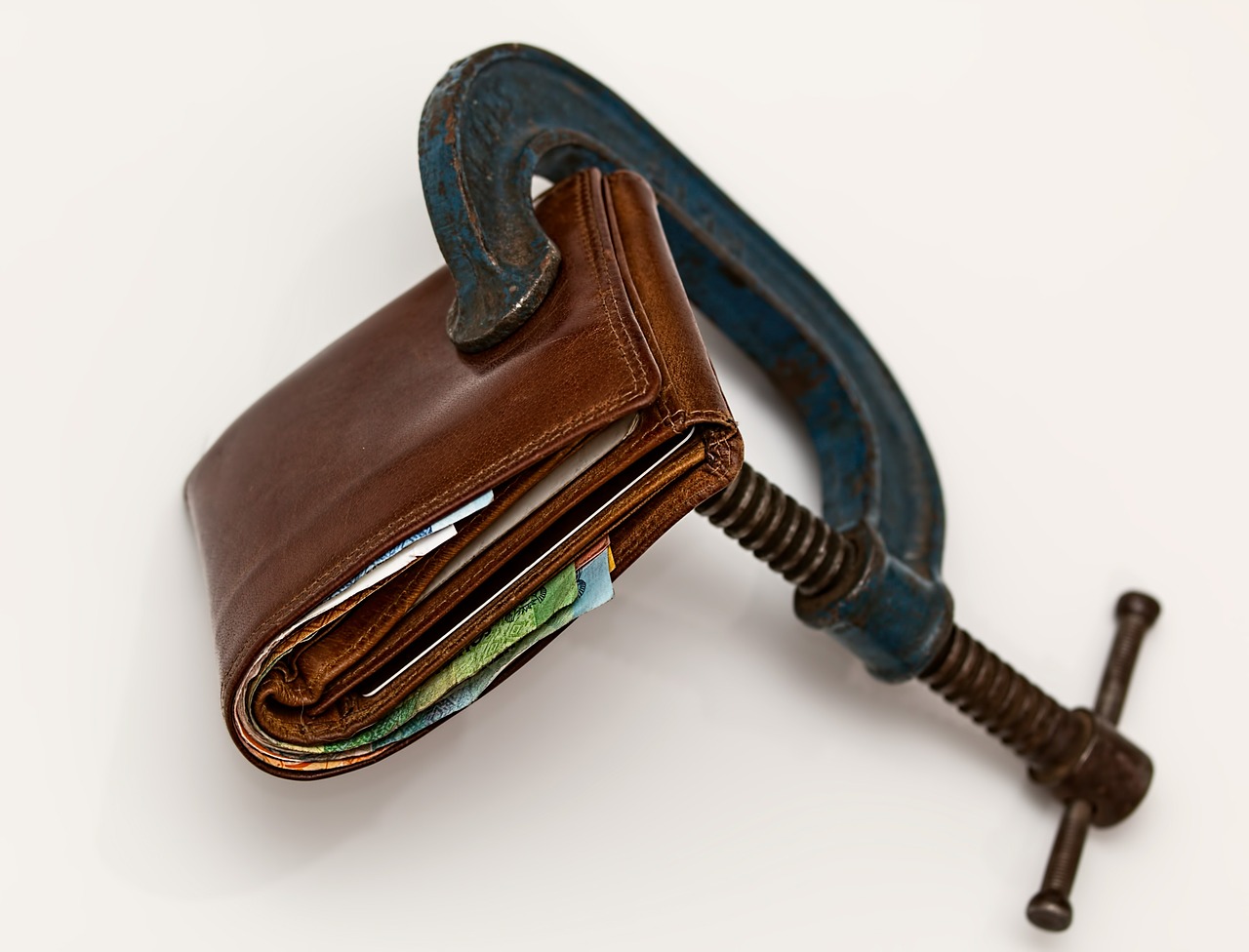
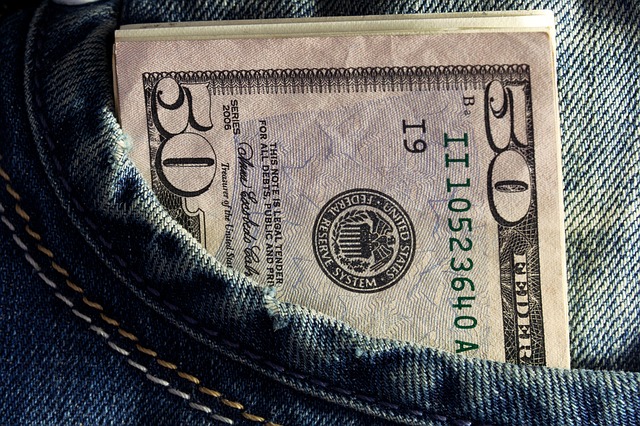
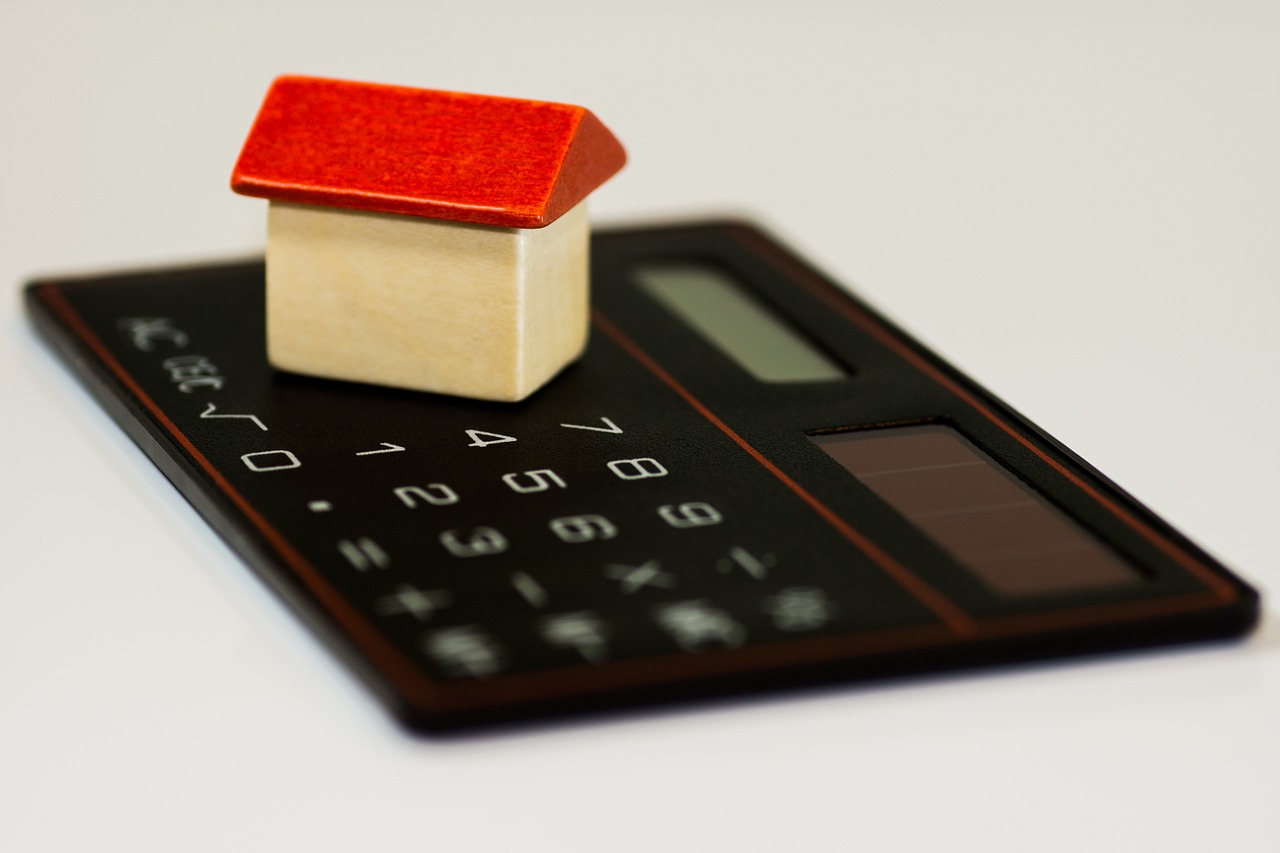
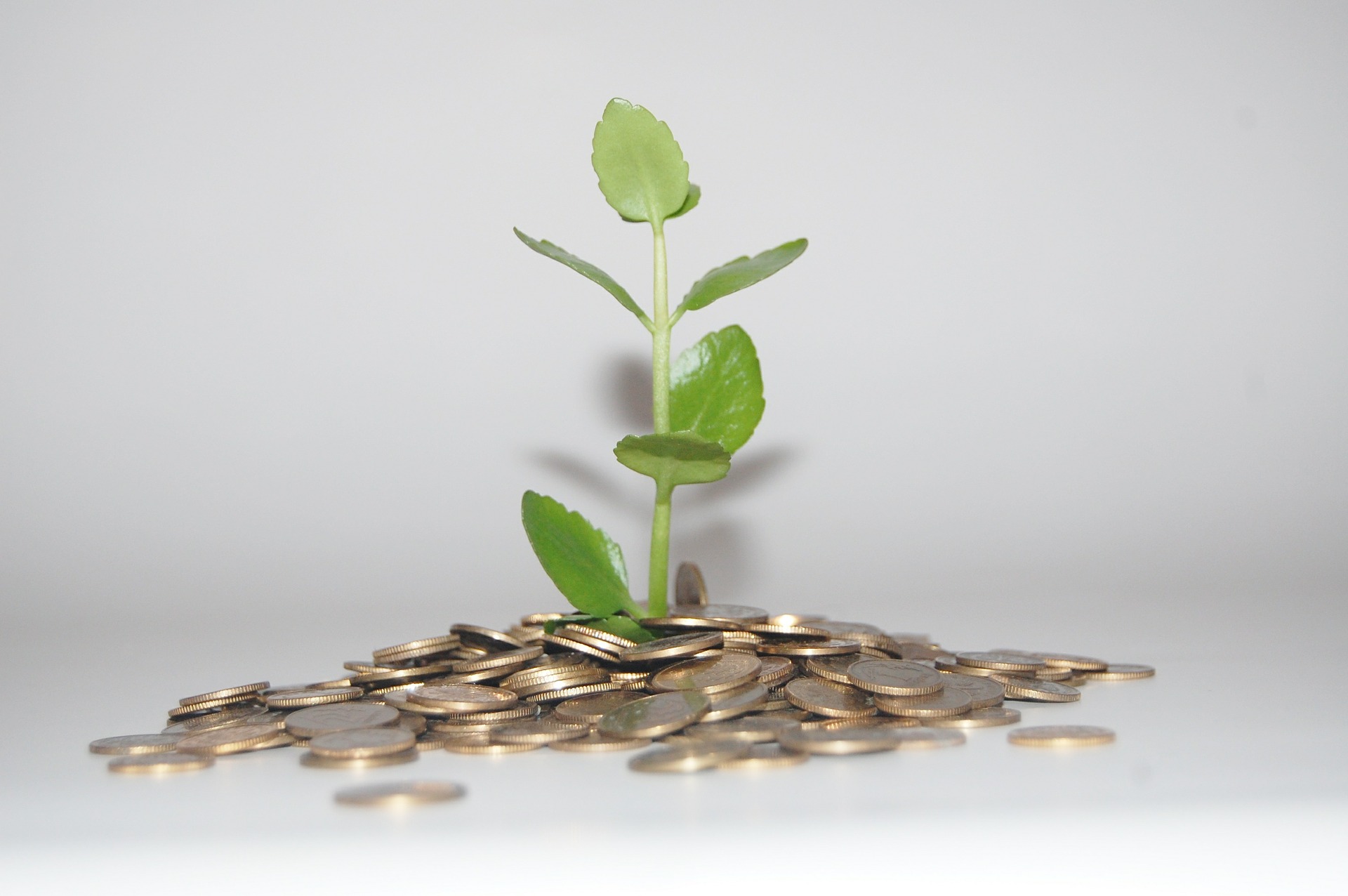




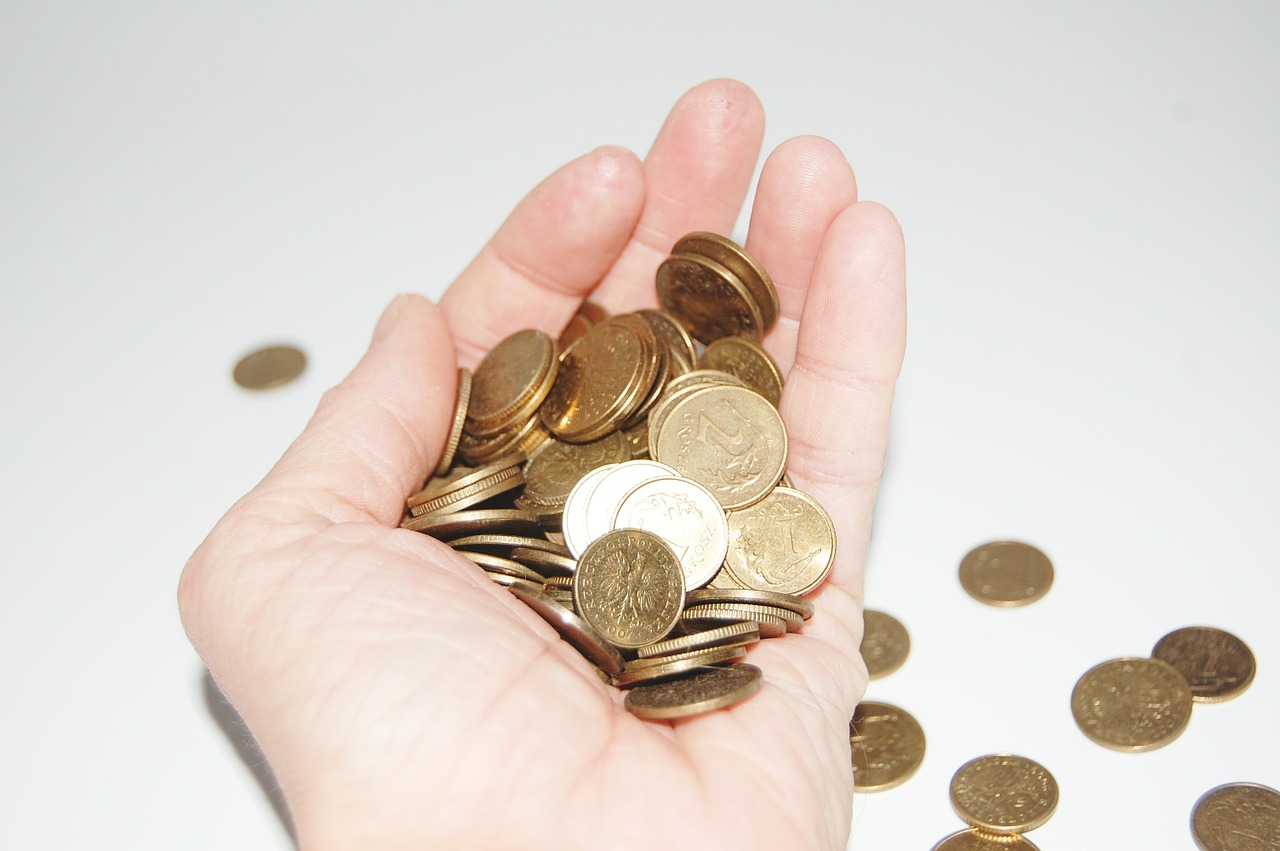

MONEY RACE STUDIOS 2020 - ALL RIGHTS RESERVED - LEGAL NOTICE - PRIVACY POLICY